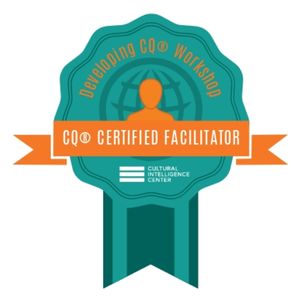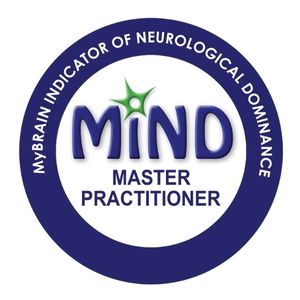I sometimes have clients come to me & they are already advanced speakers of English. They may be currently living in the UK or have lived in an English-speaking country previously. Usually they are already operating in a managerial role in an international team for work.
They know their English is critical for their work, to enable their professional delivery & to realise their career goals.
But there is a trigger why they come to me. Something that is bothering them & they want to fix it. A work situation that happened recently or has been ongoing for a while & has finally come to a head, that means that they need to face their communication challenge.
Sometimes that client is looking to boost their professional English skills for a specific challenge, such as presenting confidently, writing reports or being effective in meetings. That person may feel exposed, stressed & frustrated by their English language & express it as,
“I want to be more fluent.”
The word fluent bothers me because it can be interpreted in a number of ways. For people who strive to achieve it, it can mean they want to be 100% accurate in their grammar & vocabulary choice, to sound exactly like a native speaker of English. To be perfect.
This bothers me because somebody could be living & working in an English-speaking country for many years, feel settled & communicate well, but still not be considered fluent by this standard.
Fluency represents a perfectionist streak, which I am actually not sure is that helpful in boosting English communication, particularly when you consider that English native-speakers make mistakes themselves in vocabulary & grammar! Neither do I think people should all sound like the Queen’s version of English. That’s just not the reality of English spoken in the UK or other English-speaking countries.
Fluency as the goal means that person is focused on a very specific part of language learning, which may not actually fulfil the communication objectives they are trying to achieve. As a result, they may end up wasting their time on focusing on the wrong goal, with theoretical or impersonal learning approaches which improve their language accuracy, but maybe not solve their challenge or progress them towards achieving their aim.
For me, it is not about fluency, but what I like to call communication agility.
Communication agility for me means you can express what you want to say with your full personality, confidently & naturally in English. You can deliver professionally & be on the same wavelength as your international team, clients, suppliers or network. You can manage an English-speaking team, fully develop your career & go for that promotion without feeling limited by your communication ability. Yes, you may still make mistakes occasionally, but you will communicate & connect more effectively.
Communication agility is also about sustainable learning habits. Not just me ‘fixing’ your issue & sending you off as ‘job done’. Instead I provide the tools, learning habits & the structures for you to learn with me & then go off independently to continue that journey by yourself. Because learning is a life-long habit.
I don’t promise to make you fluent in English. But I do promise to support you in being agile in English communication. And I believe that’s a better goal to aim for.
Want to learn more about how I can help your communication agility? Set up time with me for a virtual cuppa & let’s talk about what your English communication goal is.
You might also like reading:





